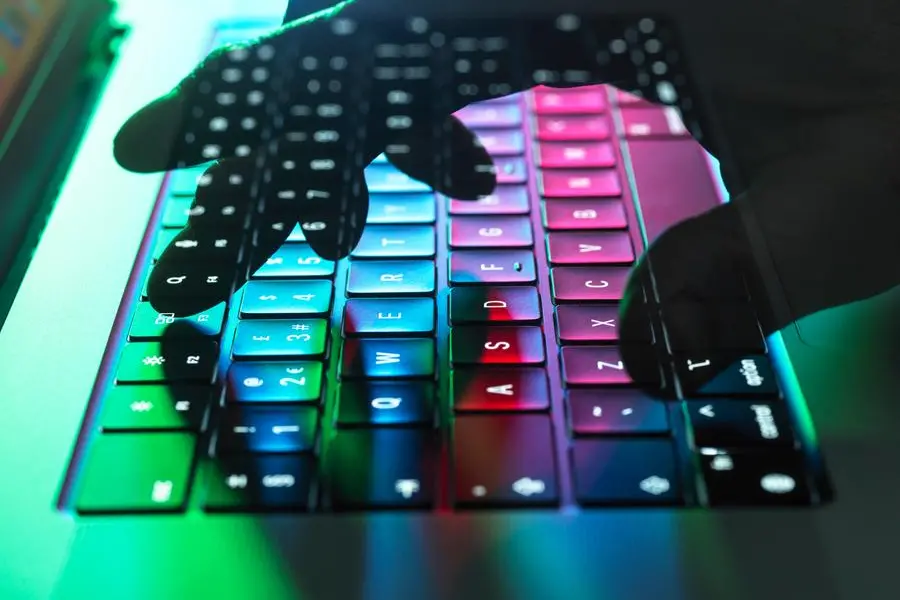PHOTO
Several stakeholders in the creative industry were reportedly unanimous in their position to have the 27-year-old Intellectual Property Code revised to make room for provisions that would address the prevalence of online piracy by blocking unauthorized downloading or streaming of internet contents.
During a consultative discussion with Sen. Mark Villar over the weekend, representatives from both the private and public sectors took turns in arguing for the need to fight online piracy which, according to the 2022 studies of the Philippine Statistics Authority, had caused a revenue leakage of at least $1 billion.
Villar, chairman of the Senate committee on trade, commerce and entrepreneurship, would have started on Tuesday, April 23, the series of public deliberations on the two bills seeking to revise the IP Code, but the conduct of such Senate hearings was pushed back to later dates.
Points of discussion between Villar and representatives from the IT-related government agencies and advocacy groups reportedly centered on the exponential impact of the online piracy on the creative industry and copyright-related industries, which comprise around 7.1% of the country's gross domestic product (GDP).
The Senate committee was reportedly briefed by the resource persons that aside from revenue loss, the pervasive theft of digital contents also resulted in foregone income from government taxes and the loss of livelihood since online piracy serves as disincentives for creatives, artists, and content producers.
The resource persons also apprised the committee about the risk reportedly being posed by internet piracy on those consuming pirated contents like serious malware infection, which might be used in some cyber scams.
A comparative study was reportedly presented also to the Senate committee during the consultative meeting on countries where online site blocking was implemented:
'Where unauthorized downloading or streaming of pirated contents were blocked a drastic decline in the incidence of digital theft had been observed, as well as a change in in the behavior of the consuming public leading to the eventual growth of legal content providers.'
Results from the same study have reportedly established also that the viewers moved to legal content subscriptions after the online site blocking was pursued.
The study reportedly found out that 92% of the respondents in the Philippines projects negative attitude toward online piracy and shows the willingness of the Filipinos to pay for legal sites to access online contents.
For its part, the Intellectual Property Office of the Philippines reportedly informed the Villar committee during the consultative discussion that it has long been advocating for the amendment of its Code to include provisions that would authorize the IPOPHL to disable access to online sites which infringe on copyrighted materials.
Representatives of the internet service providers expressed optimism that the online site blocking would fix most of the issues, but stressed that other concerns like detection and reporting are also essential components in addressing online piracy.
Officials from the Department of Information and Communication Technology and law enforcers who also attended the discussion have expressed their full support to the fight against digital piracy.
The consultative meeting participants also echoed the need for the passage of the site blocking law as an effective tool to curb piracy, referring to Senate Bill Nos. 2150 and 2385.
These two bills have sought to amend the IP Code and remove its existing provisions that limit its scope of authority to cover electronic and online content within the definition of pirated goods.
Copyright © 2022 PhilSTAR Daily, Inc Provided by SyndiGate Media Inc. (Syndigate.info).





















